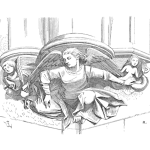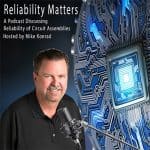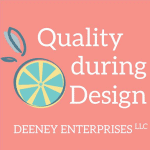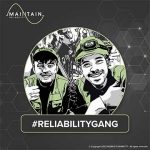
Fundamentals of Product Warranty
podcast episode with speaker Fred Schenkelberg
A product warranty is a form of guarantee that if the product doesn’t work, it will be repaired or replaced. Yet, is this just marketing or is it smart business? Warranties are seemingly automatic with the purchase of an item, yet why do so many stores offer an ‘extended warranty’?
Let’s explore what warranties are and are not, plus why they even exist. How are the terms of a warranty set, and by whom? Also, analyzing warranty data is one way to learn how well a product is doing in the field.







 Ask a question or send along a comment.
Please login to view and use the contact form.
Ask a question or send along a comment.
Please login to view and use the contact form.